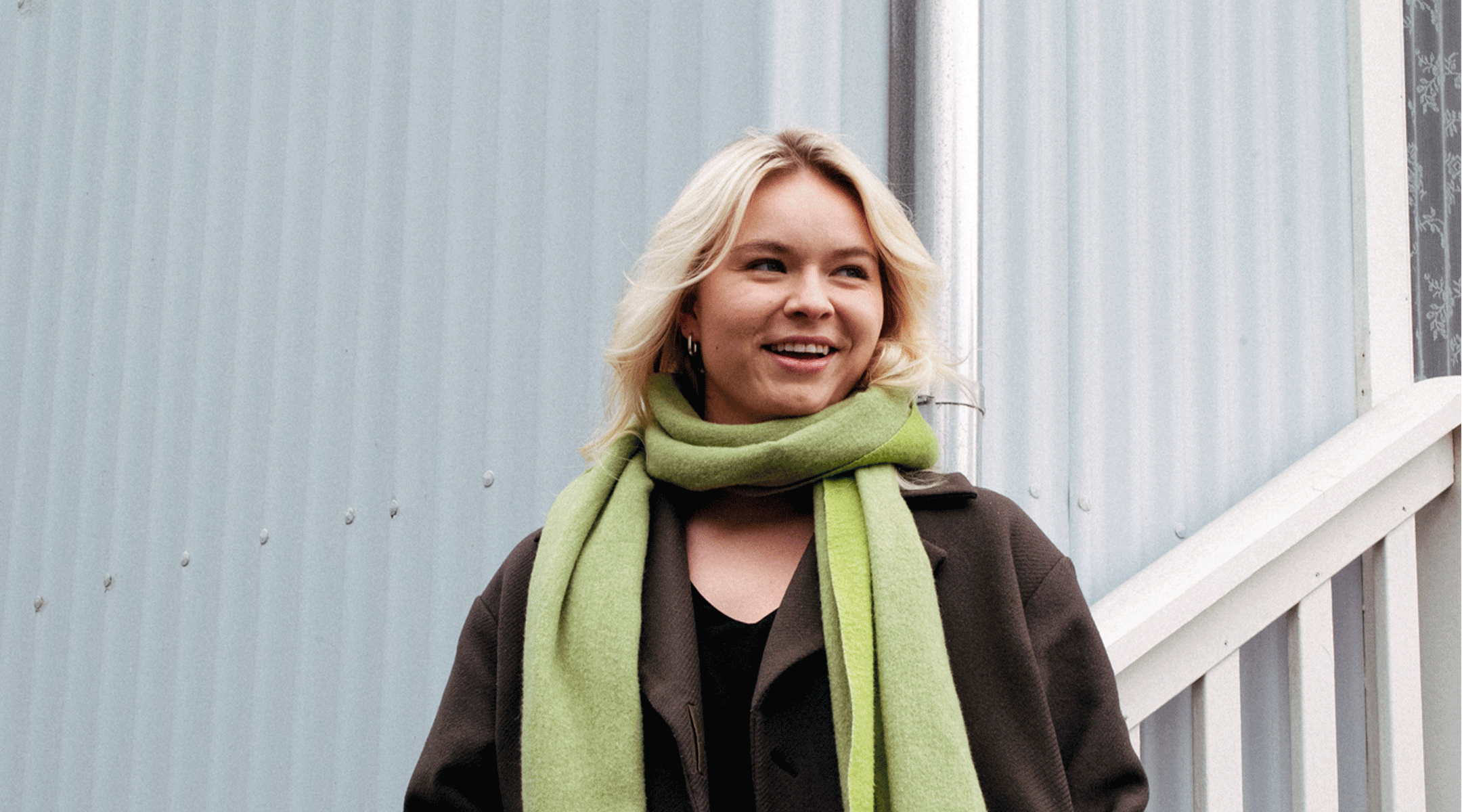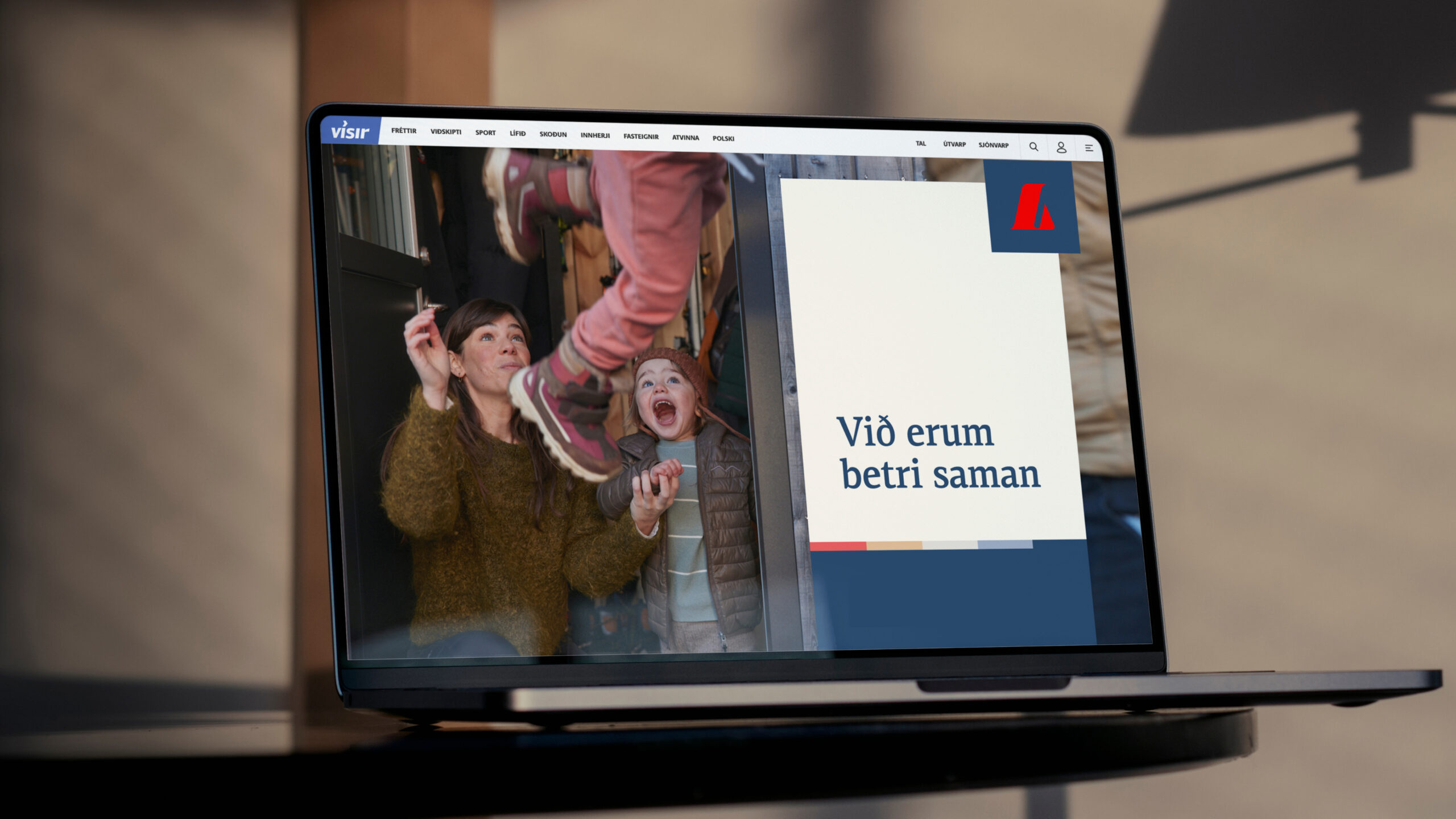
Expand your world
The project:
Compared to the nations that we compare ourselves with, the education level of Icelandic men has fallen behind. At the same time, the demand for university-educated specialists has never been higher. Significantly fewer men than women enroll in university studies in Iceland, and the gap has been increasing over the past decades
Project outcomes:
13% increase in male enrollment at the University of Iceland
New record in the number of applications at Reykjavik University.
Our role:
The analysis
Numerous social and economic factors influence whether a person enrolls in university studies, yet the most significant factor is their previous academic performance. Boys have a harder time fitting into the education system than girls and generally receive poorer grades. Therefore, they are more likely to drop out of school. It became evident that the project was a part of a broader issue.
The goal was to increase university enrollment among young people the following spring, with a specific focus on the enrollment of young men. To achieve this, we needed to understand what prevents men from taking the plunge – besides academic performance.
We consulted specialists in the field, examined recent data, and met with representatives from all universities, the Confederation of Icelandic Employers, and the Federation of Icelandic Industries to gain their insights. In collaboration with Rannsóknir og greining, we surveyed graduating students in 11 high schools across the country, querying them about their attitudes towards university studies. The main finding from the survey was that women are more determined to pursue university studies than men and that men are more concerned with finances and loss of income when it comes to university studies.
The team


„University studies define me and my entire life. If I choose one path, I cannot choose another.“
The strategy
To understand this attitude, we spoke directly with young men who were contemplating a gap year after high school, had dropped out of university, or had never enrolled. The results revealed many different personal stories, but overall the attitude encapsulated in the enclosed quote stood out. We knew that we wouldn’t be the first to encourage these young men to pursue university studies, so we adopted a peer-oriented approach to our communication.
To do this we got individuals whom the target group could resonate with; individuals that could easily be just like them, to share their story of studying at university – stories of starting a family during their studies, balancing work, navigating frequent changes in their academic paths, grappling with the uncertainty of their future aspirations, discovering new academic passions and more. Exactly which program they were enrolled in was not the main point; university studies are just one aspect among many in their lives. The project aimed to reach those who don’t know what they want to be when they grow up and tell them that they don’t need to know. But one thing we wanted to tell them is:
— The world expands in university


The execution
The content of the videos revolves around emotional needs that emerged from interviews with young men at the beginning of the project: anticipation, the need for space, connection, self-assurance, and finding purpose. The individuals featured in the videos spoke about their lives and the impact that university education had on them — how it fulfilled these needs.
The people we wanted to reach often relate to influencers that speak in an “empowering tone,” and we shaped our messages accordingly. Advertising materials and messages were simple and straightforward, avoiding anything unnecessary. Yellow draws attention, and and an edgy typeface was chosen to convey the messages The content was published is on the platforms the group uses the most.
The effect
This was a short-term project and part of a larger initiative, as previously mentioned, with clear objectives to increase male enrollments immediately in the following spring. Enrollment figures at the University of Iceland were recently released and 2% more women applied, and there was a 13% increase in male enrollment compared to previous years. We’re really proud to have been part of this project and want to thank everyone who joined in and helped us make it happen.








